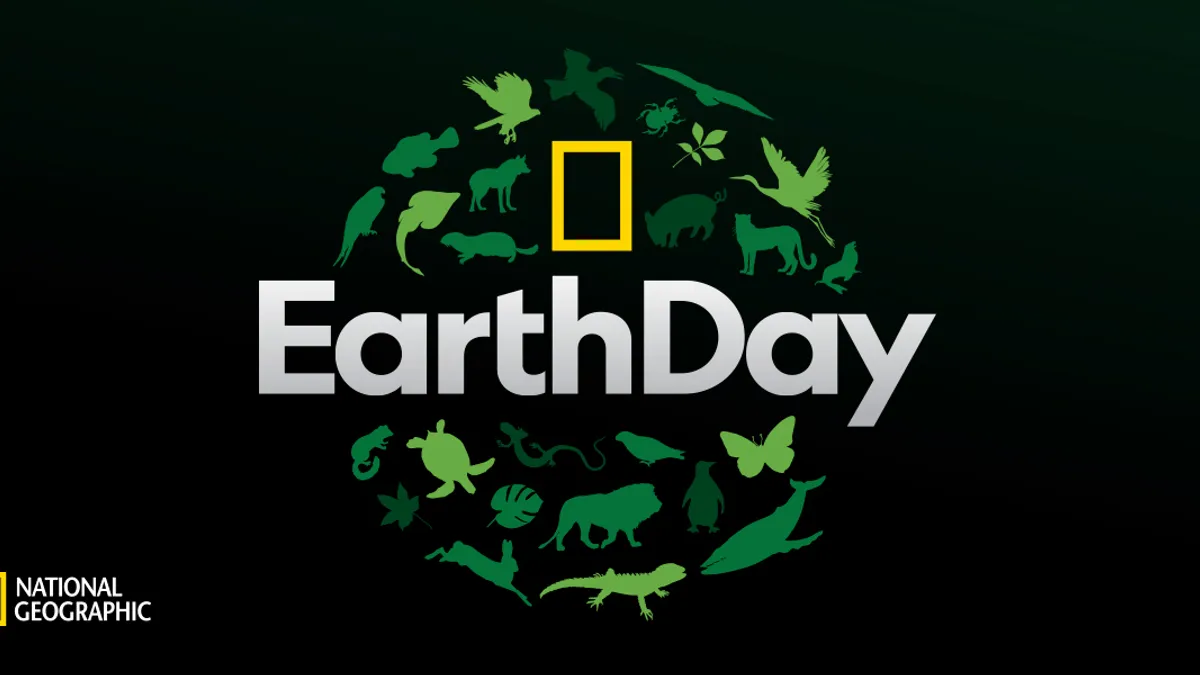Brief:
- National Geographic created an augmented reality (AR) version of its April Earth Day magazine cover that Instagram users can experience on their smartphones. The AR content offers a cautionary look at climate change, showing what the world might be like in 2070, per a blog post.
- The AR experience shows a 3D computer-generated globe that smartphone users can walk around as it rotates. The globe shows yellow dots on 12 major cities such as Los Angeles, Miami, London, Istanbul, and Chennai, India. Tapping on the dots brings up current climate data for each city, some of which show a line to another city that's expected to have the same climate in 50 years.
- National Geographic created the experience with Facebook's Spark AR Studio software. The AR content is available to any Instagram user, not just followers of the @natgeo account. National Geographic is urging users to record videos of the experience by tapping on a globe icon at the bottom of the screen and share them in their Stories.
Insight:
National Geographic's AR experience for Earth Day aims to engage smartphones users with educational content that's more immersive and interactive than other media channels like print and TV. Earth Day for years has been an occasion for National Geographic to highlight environmental issues including climate change amid its coverage of science, nature, exploration and world cultures. With the 50th anniversary of Earth Day observed on April 22, National Geographic can spur social media conversations about climate change among Instagram users who share the AR experience with their friends and followers.
The publisher is among those that have created interactive experiences to engage tech-savvy younger audiences who have grown up using social media apps like Instagram and Snapchat, which has made AR central to its user experience. The New York Times Magazine last month created digital content to accompany its annual music issue, which included print ads with interactive features to activate with a smartphone camera. USA Today also has developed several AR experiences to enhance its storytelling with digital imagery. As younger consumers seek experiences they can share on social media, these efforts may help to cultivate stronger bonds with readers who are tuned into smartphone integrations.
National Geographic's rollout of this Earth Day experience is a sign that Facebook is permitting publishers to proceed with their AR content development. Facebook this month announced it had resumed approvals of AR content made with its Spark AR Studio following an earlier suspension of reviews because of concerns about the COVID-19 pandemic. Meanwhile, rival Snapchat last month released its Lens Web Builder software to help marketers create AR ads for the photo-messaging app.












